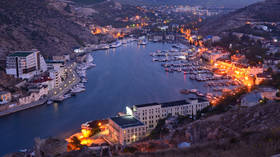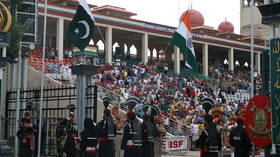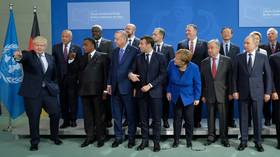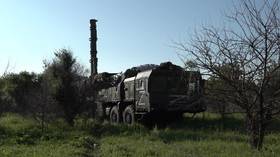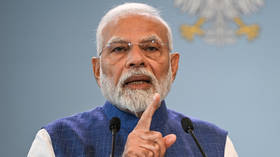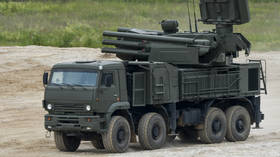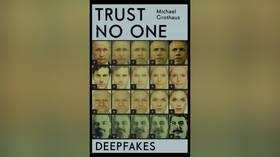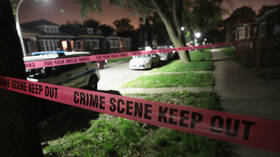Netherlands imposes hard lockdown
Bars, cafes, and all but the most essential stores will close in the Netherlands until mid-January, as the country goes into hard lockdown in a bid to slow the spread of the Omicron variant.
The new restrictions were announced by the government on Saturday evening, after an emergency meeting of Prime Minister Mark Rutte’s cabinet that afternoon. The lockdown was recommended by the government’s Outbreak Management Team.
“A sudden press conference on Saturday, four days after the last one, does not indicate anything good," Rutte said during a televised briefing, before delivering the bad news: “The Netherlands goes back into lockdown, it shuts again.”
As of Sunday morning, all stores, services, and hospitality venues will close until January 14, save for a few essential outlets like supermarkets and pharmacies. Bars and cafes will shut, and restaurants will provide take-out meals only. Schools, many of which are already finished for Christmas, will close their doors.
Officially, those celebrating Christmas at home will be subject to restrictions, too. Throughout the lockdown, a maximum of two visitors per household will apply. Exceptions will be made for Christmas Day and New Year’s Eve, the latter a day typically celebrated in the Netherlands with drinks, parties, and home fireworks.
The Netherlands has been under partial lockdown since late November, with face masks required in most settings and “non-essential locations” forced to close between 5pm and 5am. However, the new restrictions mark the sharpest curbs on freedom and socialization since the country entered a hard lockdown this time last year.
While the average number of new cases reported every day has fallen from a record 22,450 in late November, the country is still clocking an average of 15,000 new infections every day, up from just under 10,000 the last time the country went into hard lockdown. Deaths, however, have not increased to match the caseload, with 50 deaths reported on Saturday, around the same daily figure as a year ago.
And while the new measures are ostensibly being taken to curb the spread of the highly transmissible and apparently vaccine-resistant Omicron variant of Covid-19, early data suggests that this new variant causes significantly milder symptoms than previous strains.
The Netherlands is not the only European country to reimpose restrictions over the variant, however. In the UK, ministers will reportedly propose a post-Christmas lockdown to Prime Minister Boris Johnson, and in Denmark, Prime Minister Mette Frederiksen has announced a raft of new restrictions on stores and hospitality venues. In Ireland on Friday, the government announced earlier closing times for pubs and restaurants to last until the end of January.



